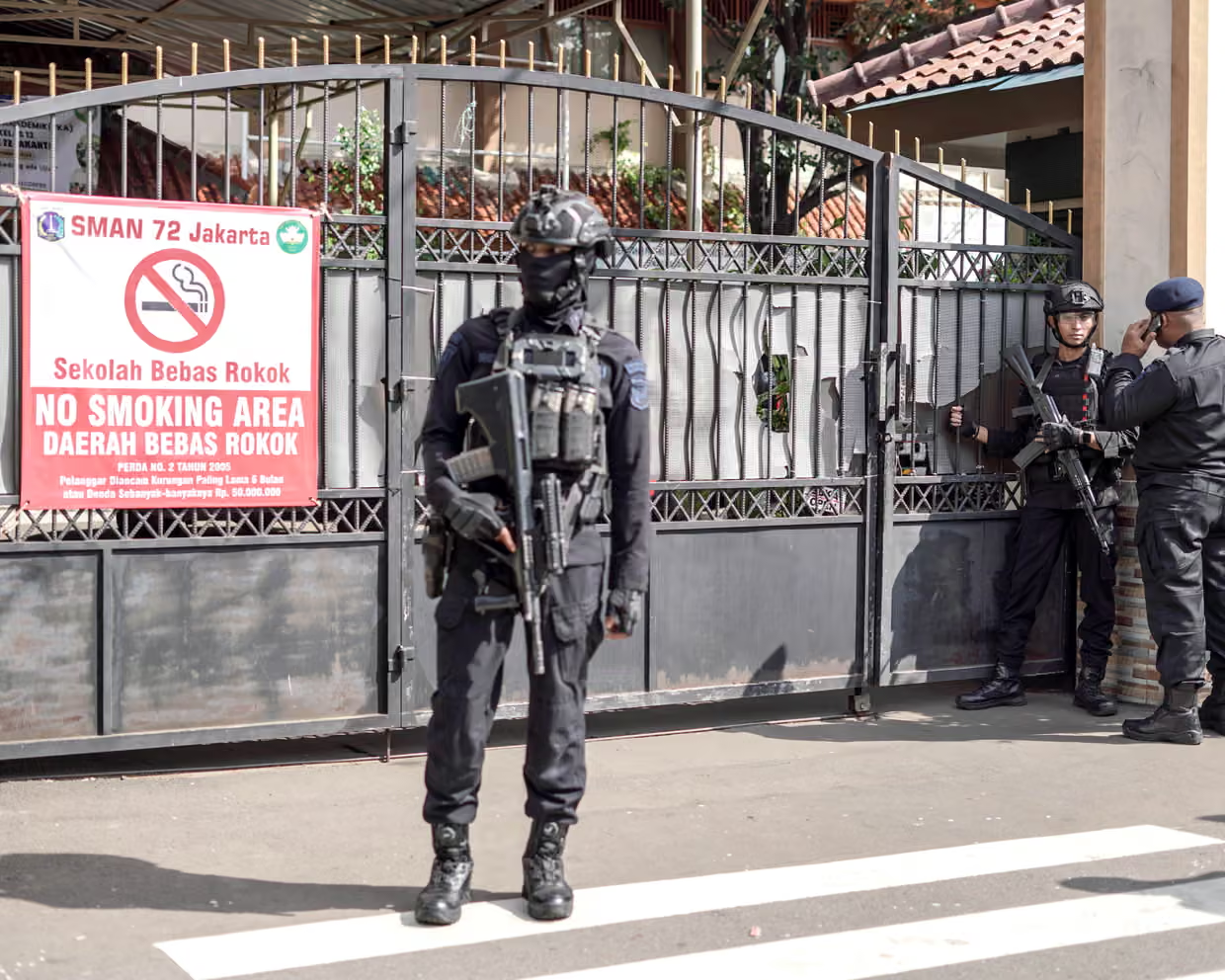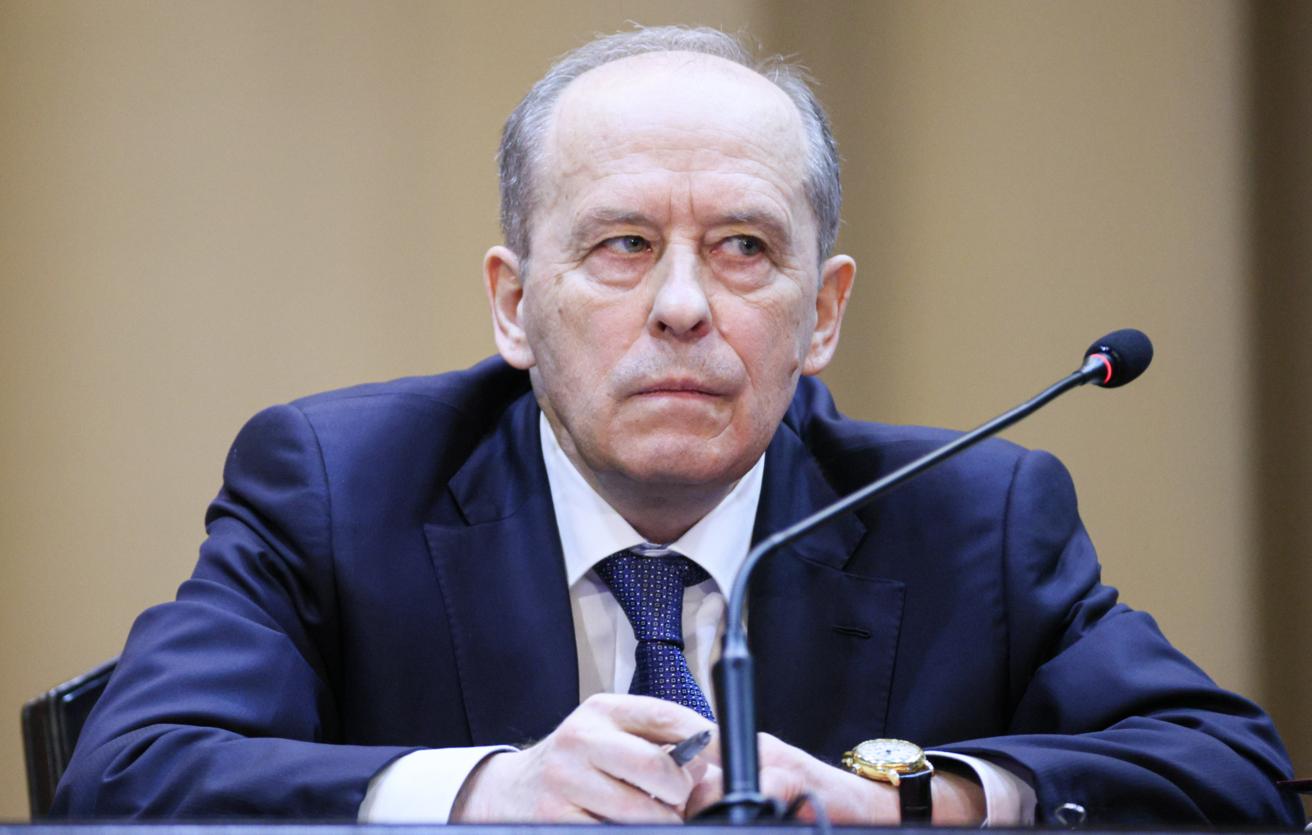
The Ongoing Fight to Contain Terrorism in Morocco
The Ongoing Fight to Contain Terrorism in Morocco
The latent threat Islamic State (IS) poses to Morocco was again highlighted by recent large-scale counter-terror operations in Morocco. The country’s internal security forces, the Central Bureau of Judicial Investigation (Bureau Central d’Investigations Judiciaires—BCIJ), dismantled suspected IS cells on October 25 in Casablanca, Ouezzane, and Chefchaouen. In the raids, seven people were arrested and chemical agents, two rifles, and three automatic pistols were seized across the sites (Middle East Online, October 25). Reports indicate that the disrupted IS cells were at an advanced stage in planning attacks that would have targeted unspecified sensitive economic infrastructure and strategic sites, with the support of foreign IS operatives. These attacks would have been unprecedented in scale in Morocco. Local reports suggest the group received weaponry from the Sahel, which was sourced through a Syrian IS member who transited to Morocco following the caliphate’s destruction.
While counter-terrorism raids are common in Morocco, the scale of this operation is indicative of the persistent and underlying risk of terrorism in the country. Morocco has been spared many of the high profile IS attacks inflicted upon neighboring countries when the group was at its most powerful. The last major mass-casualty attack was in 2011, when militants belonging to al-Qaeda in the Islamic Maghreb (AQIM) attacked a cafe in Jemaa el-Fnaa square in Marrakech, killing 17.
Strength of the BCIJ
AQIM, and subsequently IS, have struggled to gain a foothold in Morocco, largely due to the creation of the BCIJ in 2015; the organization has been instrumental in breaking up dozens of militant cells. The BCIJ has also helped prevent numerous attacks in Europe through intelligence sharing; one notable example of this success was on December 22, when the BCIJ reportedly disclosed the location of a lead 2015 Paris attacker, Abdelhamid Abaaoud, to French authorities who was then identified at Stuttgart airport in Germany. The organization has received widespread international support, typified by the announcement on October 22 that the United States and Morocco were increasing counter-terror cooperation (Yabiladi, October 23). However, the BCIJ’s mammoth task in preventing such high profile attacks was highlighted in January when two Scandinavian tourists were murdered in Imlil, in the Atlas Mountains, by jihadist operatives. The BCIJ has recorded countless successes and conducts almost monthly counter-terror operations and arrests. However, there are certain trends within Morocco that makes the anti-terrorism mission harder. For example, the increasing prevalence of radicalized youths and concerns regarding a chemical weapons attack.
Issue of Radicalized Youths
A key issue faced by the BCIJ is a problem faced by many other security forces globally; there is a growing population of impoverished and politically excluded youths, who are more susceptible to radicalization. Reports indicate that those involved in the Casablanca, Ouezzane, and Chefchaouen cells were overwhelmingly young men between the ages of 19 to 27, with little formal education and who were working low-paid jobs (Telquel, 28 October). These are long-standing issues in Morocco; a bomb attack in Marrakech in 2003 was conducted by young men recruited from economically deprived areas of Sidi Moumin.
Higher poverty rates and lower life expectancy levels in the mountainous Rif region in the north provide an environment favorable for those seeking to radicalize local populations. This is in line with global trends—domestically radicalized jihadists are most commonly profiled to be disaffected young men. Morocco’s internal security forces have taken steps to address the radicalization of its population, especially identifying those returning from Syria and Iraq, by introducing numerous counter-radicalization measures. Implemented measures include the introduction of ‘aljamia attarbawiya’ (the educational university), which critiques radical interpretations of Islam, and training centers for imams to encourage a moderate interpretation of Islam and to discourage young people away from the potential lure of jihadism. These measures have helped the country deal with the large amounts of returning jihadists from Syria.
The Threat of Chemical Weapons
While it is more likely that the chemical agents that were seized in the October raid were intended to be used to create explosives, its discovery has caused concern among the internal security forces. While the details have not yet been made public, the authorities have stated that terrorists in-country have increasingly trended toward the use of chemical weapons, as opposed to commonly used tactics of car and suicide bombings. The seriousness of this threat was underscored by the inclusion of chemical weapons as a priority threat in a new anti-terror plan implemented at the beginning of the year (Africa News, October 28). However, there is little precedent for the usage of chemical weaponry by terrorist actors, particularly in Morocco. Unsophisticated attacks such as that in Imlil are likely to be the continued modus operandi of terrorist actors in Morocco, who have little operational maneuverability within the country.
Looking Forward
Going forward, the security forces in Morocco will likely continue to dismantle terrorist cells, securing a continuation of financial and logistical support from U.S. and European allies, thus enabling the BCIJ to prevent both lone-actor and cell-based attacks from becoming a regular occurrence. However, criticisms leveled at the BCIJ, such as intrusive surveillance, torture of detainees, and detainment and prosecution on politically motivated charges will likely continue to ensure a low-lying jihadist presence.
Community-led resistance continues to hinder the growth of sympathy for jihadist views. There were numerous well-attended vigils throughout Morocco to commemorate the Imlil attack and it has been condemned across the political spectrum. Despite being a majority-Sunni country, there has been little evidence of radical interpretations of Islam triggering widespread jihadist thought.


